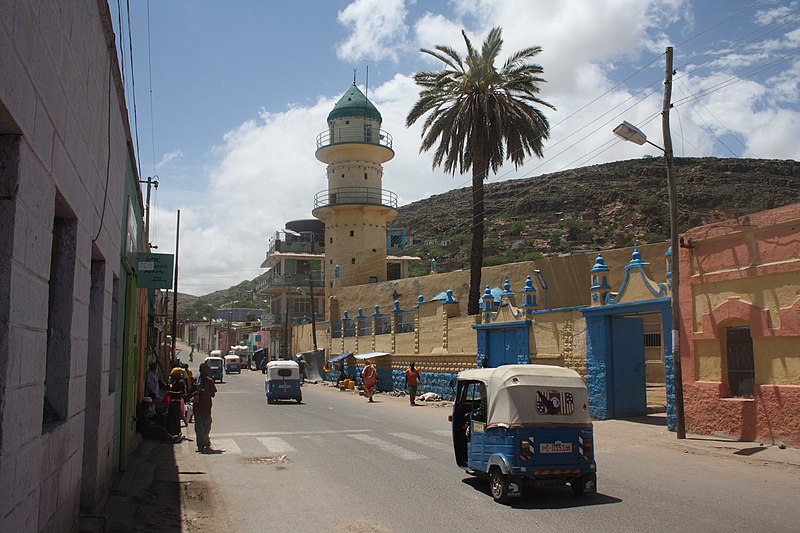Who Can Be Adopted from Ethiopia
In addition to U.S. immigration requirements, Ethiopia has specific requirements that a child must meet in order to be eligible for adoption:
Relinquishment: A relinquishment occurs between the biological parent(s) of the child and the orphanage, and is certified by the appropriate local government office responsible for women’s and children’s issues. The Contract of Adoption is signed between the child's legal guardian, usually the orphanage, and the adoptive parents or their agency representative. This contract is the basis for the issuance of the adoption decree, which shows that the guardian or the orphanage has relinquished their legal rights to the adopted child. The contract must be taken to the Inland Revenue Administration office to be stamped. There is a nominal fee of 5 Ethiopian birr for this service. In general, except in inter-family adoptions, relinquishment by a living biological parent directly to a prospective adoptive parent is not permitted under Ethiopian or U.S. law.
Abandonment: When a child is abandoned, by law s/he comes into the custody of the Government of Ethiopia. Age of Adoptive Child: A child must be under the age of 18 to be adopted under Ethiopian law. Please keep in mind however that, in most cases, a child must be under the age of 16 to be eligible for immigration benefits under U.S. law unless s/he is the natural sibling of another child who was adopted by the same parents.
Sibling Adoptions: The Government of Ethiopia has demonstrated a preference for keeping sibling orphans together, if possible.
Special Needs or Medical Conditions: Biological parents who are unable to provide adequate medical care for their children, either because of special needs, HIV/AIDS, or another medical condition, are permitted to relinquish their children under Ethiopian law, even if both parents are still alive. When a child is found to have two HIV/AIDS-infected parents, or one living HIV/AIDS-infected parent, and the living parent(s) are unable to provide ongoing care for the child, the Government of Ethiopia sometimes classifies the child as an orphan and facilitates the placement of the child in institutional care.
Waiting Period or Foster Care: Typically, the Government of Ethiopia requires that a child be resident in an orphanage for three months before being adopted.
Caution: Prospective adoptive parents should be aware that not all children in orphanages or children’s homes are adoptable. In many countries, birth parents place their child(ren) temporarily in an orphanage or children’s home due to financial or other hardship, intending that the child return home when this becomes possible. In such cases, the birth parent(s) have rarely relinquished their parental rights or consented to their child(ren)’s adoption.
Back to Adopting from Ethiopia
